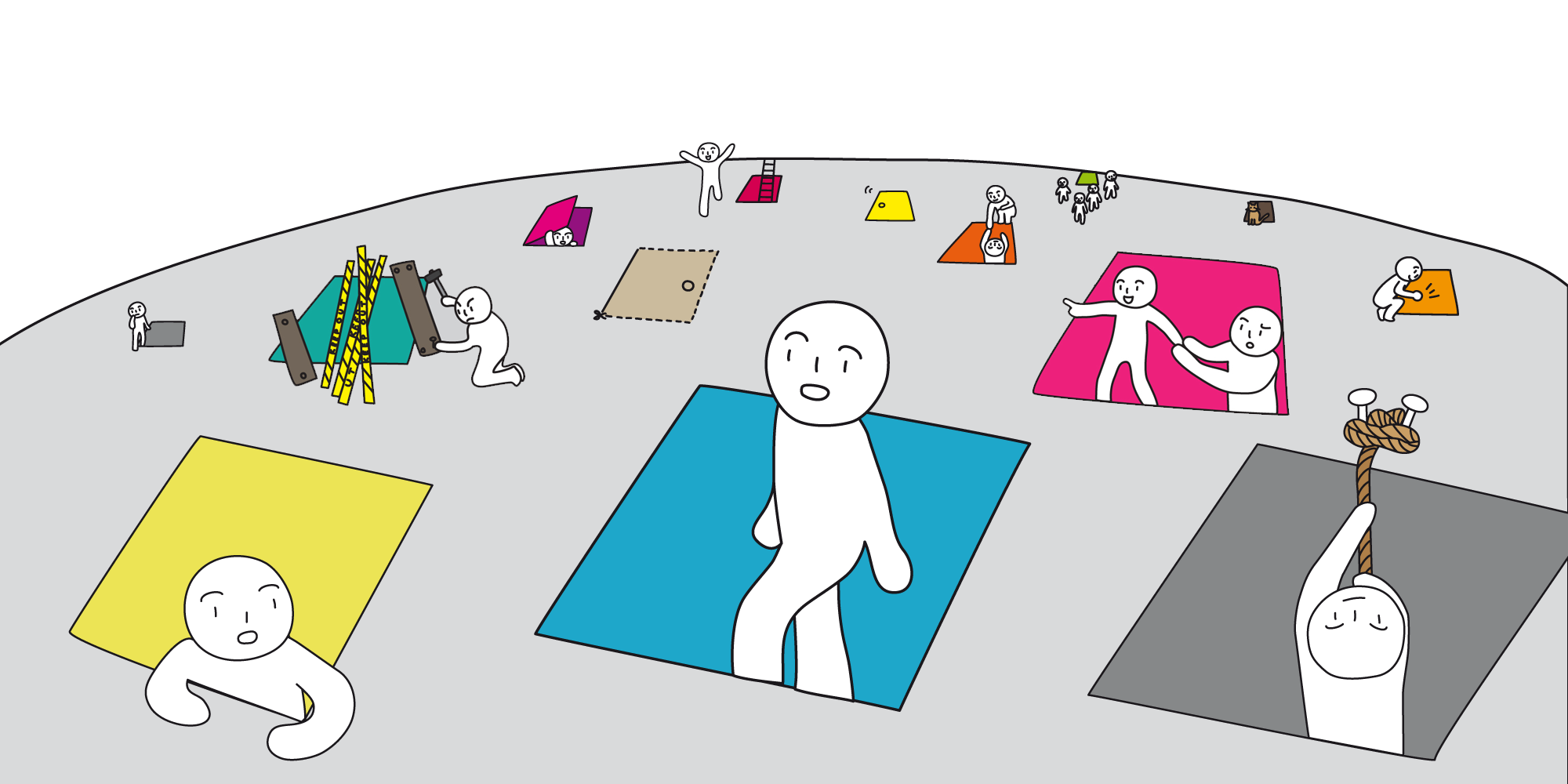AIxMUSIC
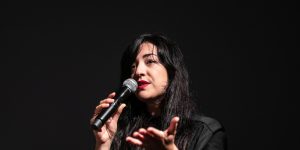
Dialogue V: Overview of the AI and Music scene in the Bay Area
Clara Blume (AT/US) & Naut Humon (US)
SAT 7.9. | 17:00 – 17:30
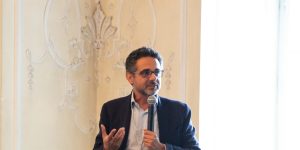
Dialogue IV: AI and Music Research
SAT 7.9. | 16:30 – 17:00
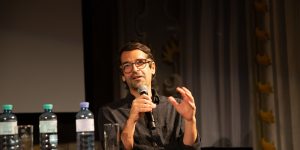
Dialogue III: Anatomies of AI
Vuk Ćosić (SI) & Vladan Joler (RS)
SAT 7.9. | 16:00 – 16:30

Dialogue II: AI & Bio Art
Maja Smrekar (SI) & Aza Raskin (US)
SAT 7.9. | 15:30 – 16:00
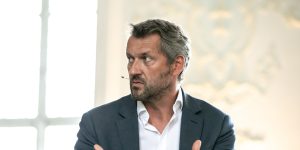
Dialogue I: Komposition, Interpretation, Reproduction - 3 shades of creativity
Markus Poschner (DE) & Ali Nikrang (AT)
SAT 7.9. | 15:00 – 15:30

Panel IV: What is Creativity?
Renata Schmidtkunz (DE), Amanda Cox (US), Hermann Vaske (DE)
Numerous theoreticians, artists and lately also neuro-scientists have tried to unlock the secrets of creativity and in our new economy it has also become a much sought after ingredient for commercial success. So what is it, where does it come from and could it be delivered also by AI-Systems?
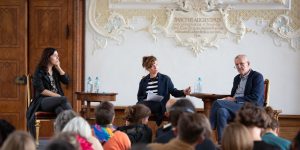
Panel III: Deep Journalism, Information and Misinformation in the age of Artificial Intelligence
Renata Schmidtkunz (DE), Walter Ötsch (AT), Marta Peirano (ES)
Which potentials and risks does the increasing automation and handling of information processes entail? Can we develop sensitive strategies for our data in digital space?
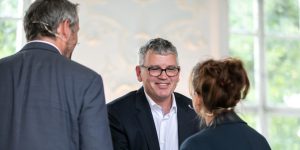
Panel II: AI, more than a technology
Renata Schmidtkunz (DE), Markus Poschner (DE), Douglas Eck (US), François Pachet (FR)
AI is expected to open many new possibilities for creators, not replacing them but assisting and supporting their work. Even more so we see big expectations for the businesses related to the distribution of music. What are the consequences and implications? What kind of new business models can we expect? How will this affect the artists?
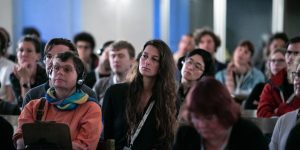
Panel I: Homo Deus
Renata Schmidtkunz (DE), Josef Penninger (AT), Sophie Wennerscheid (DE)
Renata Schmidtkunz hosts four panel discussions in the summer refectory, prominently featuring Josef Penninger, Sophie Wennerscheid, Oliviero Toscani, Amanda Cox, Markus Poschner, and others. The topic is dedicated to the role of science and research, which initially had to confirm a religious view of the world, then was subordinated to economic rationality, and now, in the dawning age of AI, is reorienting again. Social acceptance in relation to current AI research will be discussed. Another focal point of the panels will be the new artistic possibilities opening up due to AI applications, which also lead to a variety of novel business models or issues with copyright regulations.
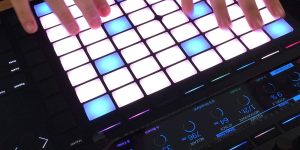
We Revolutionize Music Education: The Neuromusic Education Simulator (NES)
Gerald Wirth (AT), Wiener Sängerknaben/VIve Kumar (IN), Athabasca University (US)
In cooperation with developmental psychologists and pedagogues, Professor Gerald Wirth developed his engagement-centric teaching methodology – the wirth method – aiming at constant high-level student attention. Through neuronal networks activated when using movement to support teaching and through repetitions with variations, contents are sustainably stored in the long-term memory. The use of NES based on the wirth method applying VR & AR allows teachers and students in addition to personal tuition, to practice, gain experience and receive feedback.
